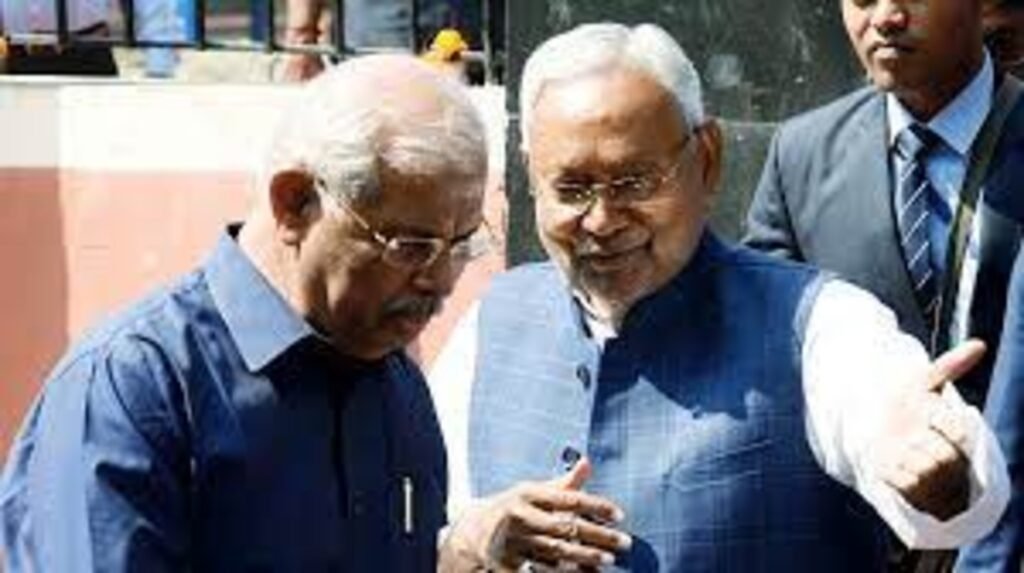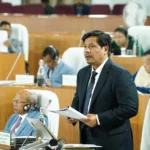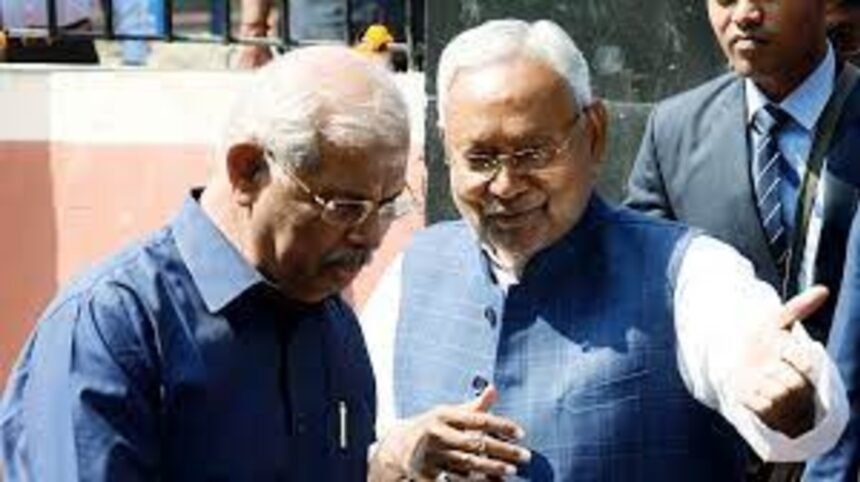September 2, 2023
Introduction

In a significant development concerning the governance of universities in the state of Bihar, the Raj Bhawan has issued a resounding proclamation reaffirming the supreme authority of the Chancellor in university affairs. This assertion comes after recent tensions between the Raj Bhawan and the education department regarding the appointment of vice-chancellors for state universities.
The controversy began when the education department of Bihar invited applications for the appointment of vice-chancellors, seemingly in opposition to a similar advertisement issued by the Raj Bhawan. However, the situation took a turn when Chief Minister Nitish Kumar engaged in discussions with Governor Rajendra Vishwanath Arlekar at the Raj Bhawan, leading to the withdrawal of the education department’s advertisement.
In a strongly-worded letter dated August 30, 2023, Robert L Chongthu, Principal Secretary to the Governor, emphasized the need to clarify the authority of the Chancellor definitively. The letter stated, “It is observed that public confusion is being sought to be created by certain individual officials, illegally and recalcitrantly, with attempts of undermining the established autonomy of the university administration as well as the clearly laid down and unambiguous power and authority of the office of Chancellor in the matter of running the affairs of the Universities.”
Chancellors invoked the Powers
To resolve the matter decisively, the Chancellor invoked the powers conferred upon them by the Bihar State Universities Act, 1976. The directive ordered that all Vice-Chancellors and statutory officials of universities should comply exclusively with the Chancellor’s secretariat in matters of administrative and academic affairs.
The letter clarified that Vice-Chancellors should not feel obligated to follow any directives issued without proper authority and jurisdiction, emphasizing the importance of maintaining the universities’ autonomy.
This development is a part of a larger process initiated in line with the 2013 Supreme Court directives aimed at improving the selection and appointment of Vice-Chancellors. The new process will involve the screening of applications and interactions with a search committee. It is particularly significant as several incumbent Vice-Chancellors are set to complete their terms in September.
The Raj Bhawan’s decisive assertion of the Chancellor’s supreme authority is expected to bring clarity and stability to the governance of universities in Bihar. However, it remains to be seen how this change will impact future university appointments and administrative decisions.
Conclusion
As the state’s educational landscape evolves, it is crucial for all stakeholders to work harmoniously to ensure the continued growth and development of higher education institutions in Bihar.









